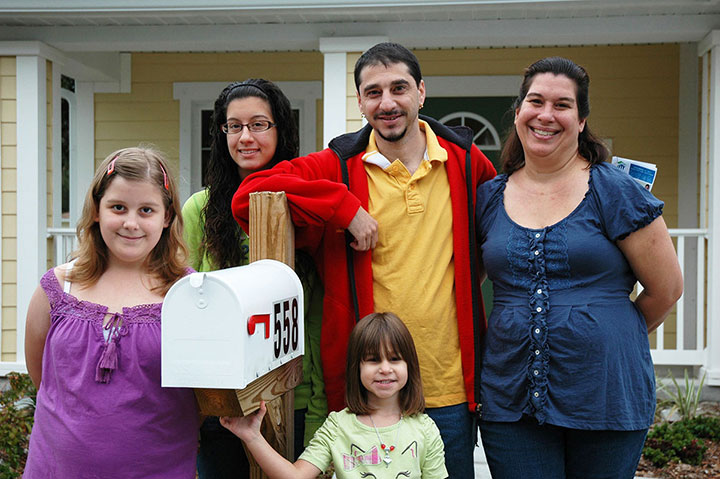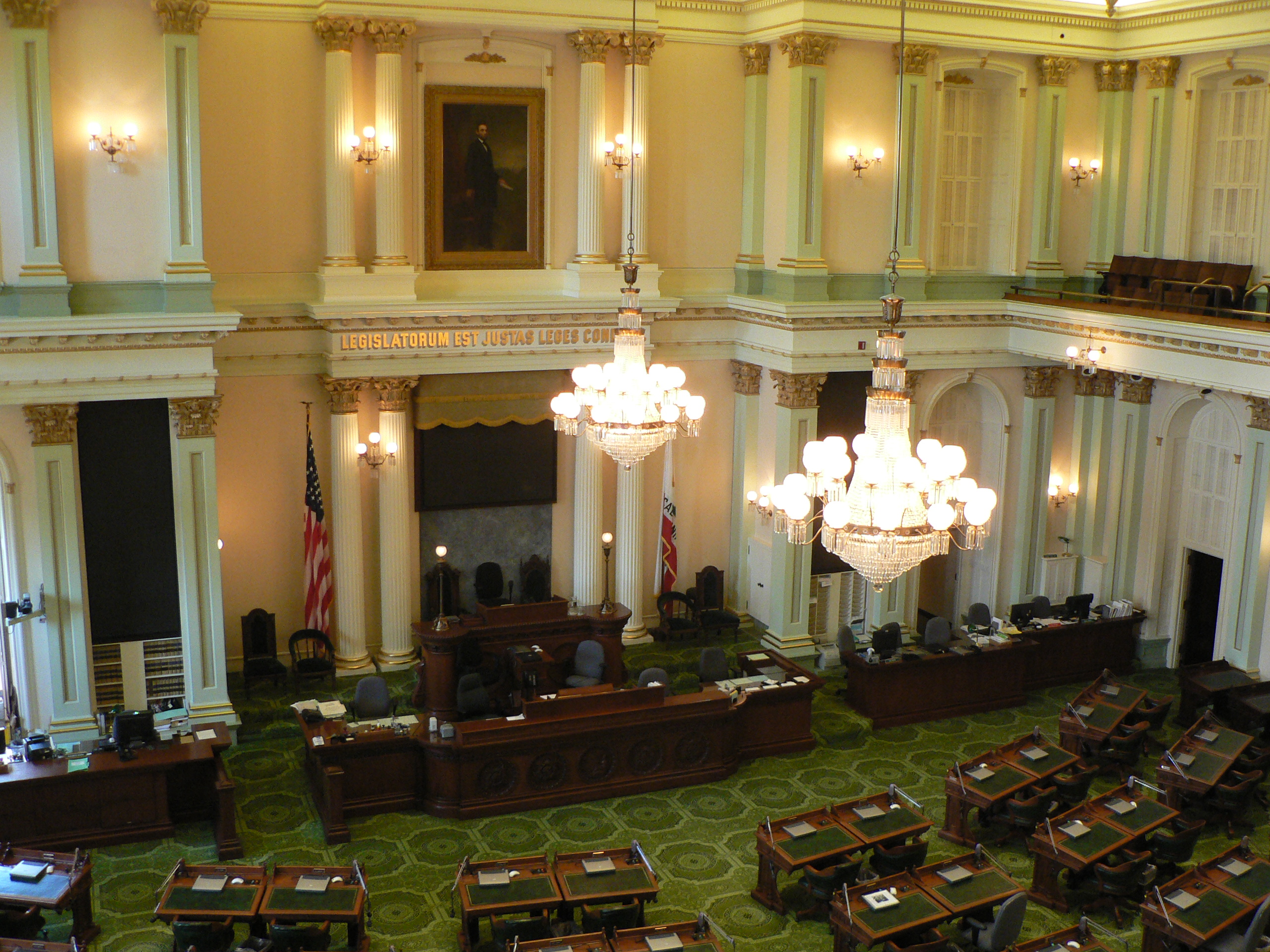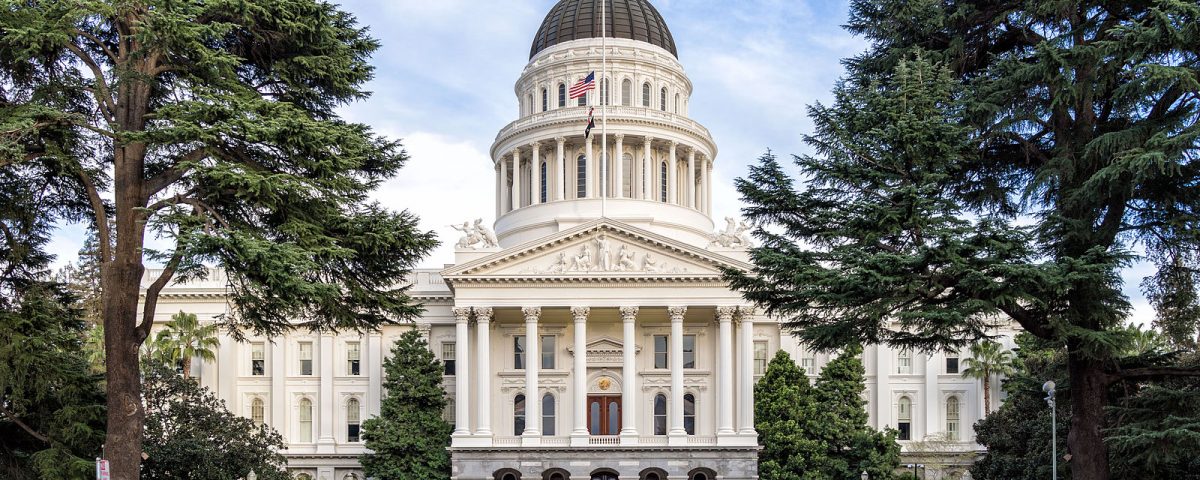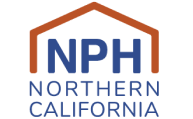Governor’s Budget Proposal & Bay Area Housing Justice: NPH’s Analysis

Looking back at BAHFA in 2020
December 22, 2020
California Globe: AB 71 Amended to add Tax Increases to Fund ‘Bring California Home Act’
January 14, 2021
Late last week, Governor Gavin Newsom released his proposed budget for California’s 2021-22 fiscal year. This proposal is the starting point for the work that the Legislature and Governor’s office now undertake together. Their revised budget will be released in May, and voted on by June 15.
What’s in the Governor’s Proposal?
The Governor’s proposal makes clear that the Newsom administration remains committed to housing and homelessness as one of the most critical issues facing Californians. Key elements included in the budget include:
- Expanding affordable home options for California families. The Governor’s proposal maintains a $500 million expansion of the state low income housing tax credits, the state’s primary vehicle to support the creation and preservation of affordable homes for California’s low income families and individuals. Here in the Bay Area, we could anticipate that our region will receive around $85-120 million in investments from this budget designation — which will be matched by other state and local funding — based on previous year’s allocations.
- Getting people housed. The proposal includes a $1.75 billion one-time expenditure to prevent homelessness through the following programs:
- $750 million for Project HomeKey, which converts hotels into homes for unhoused individuals and families.
- $750 million for the Department of Health Care Services and local counties to expand behavioral health programs.
- $250 million to purchase and rehabilitate residential care facilities.
In the Bay Area, there are 35,000 people on any given night experiencing homelessness. These investments will be critical in halting the rapid growth — yet will need to be matched by ongoing investments focused on prevention and services.
- Offering rental support. The budget proposal includes an additional $600 for low income taxpayers to help with expenses, including rent. This — in conjunction with the $2.6 billion for rental assistance that California is receiving from federal COVID relief — offers critical financial support, though the state will also need to take fast action on a statewide eviction moratorium through AB 15 and take up AB 16 to create a more robust rental assistance program.
- Planning for infrastructure, streamlining, and holding local municipalities accountable. Other noteworthy investment provisions include:
- An additional $500 million for infill infrastructure grants, to fund the infrastructure that housing needs to be built (i.e. sidewalks, utility hookups, some site prep)
- Funding for a Housing Accountability Unit within HCD, to provide technical assistance as well as enforce housing laws passed in the past few years. This will be particularly important this year, as new RHNA standards are set and jurisdictions are held accountable to meeting the requirements.
- Funding for AB 434, which streamlines affordable housing programs in HCD under a single application.
What’s Missing
While this proposal is an excellent starting point, we’re glad to see it as a starting point. NPH and our allies will work closely with lawmakers, the Governor’s office, advocates, and community members to effectively advocate for investments in the May Revise Budget to meet our communities needs to build more affordable homes, preserve existing affordability, and keep tenants housed. As the legislative session kicks off, NPH priority bills will be introduced that will need to be built into the budget. Critical asks will include:
- Supporting the Bay Area’s ability to create regional solutions for our regional challenges. We need the state to continue progressing what they began with AB 1487, the NPH sponsored bill which launched the Bay Area Housing Finance Authority, by funding that agency to implement five pilot programs identified during the Authority’s development. These programs would collectively produce and preserve thousands of affordable homes and help prevent the displacement of tenants.
- Keep homes affordable. NPH and our allies are seeking significant investments to buy both market rate apartment buildings off the speculative real estate market and affordable housing with expiring restrictions to convert them into permanent affordable housing. In the Bay Area, there are approximately 35,000 homes at risk of conversion to market rate that we could preserve as affordable through such investments.
- Support renters during COVID. Lawmakers should pass and budget for AB 16 (Chiu) would create a state tenant assistance fund to help tenants stay in place who cannot pay rents due to COVID. Its companion bill AB 15 will also offer critical protections for renters (see more below.)
- Invest in ongoing homelessness prevention programs and create more permanent supportive housing and affordable homes for extremely low-income families and individuals. In addition to the one-time investment dedicated primarily to facilities, lawmakers should pass and budget for AB 71, which would create a $2.4 billion annual fund to support prevention and services, as well as increasing the supply of permanent supportive housing and extremely low-income housing,
What’s Next
NPH will work with lawmakers and the Governor’s administration to incorporate those critical investments into the May Revise. There will also be opportunities to secure critical investments through other mechanisms — such as Senator Atkins’ Senate Bill 5 statewide housing bond that would fund the creation of new affordable housing for homeless and low-income families — and NPH will study and support these opportunities as they emerge.
There will of course be additional policy under consideration that will unfold outside of the budget purview: From AB 15, a critical expansion of the statewide eviction moratorium created by AB 3088, to a streamlining proposal to allow churches to more easily create affordable homes on land they already own.
Learn more about NPH’s Policy Priorities here.

